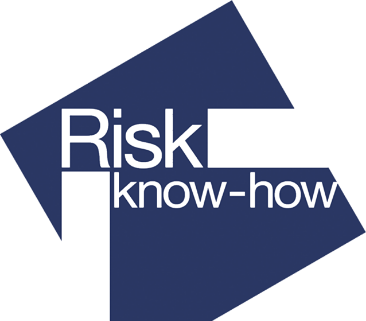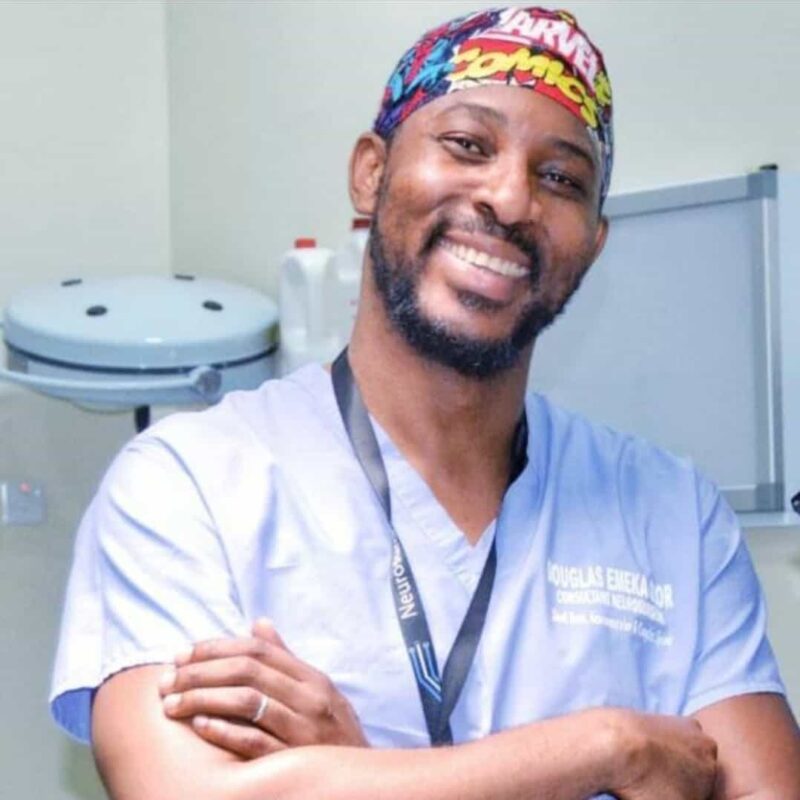Doctor
Doctor
Some major risks on the side of the patients is the existence of sociocultural and religious connotations of how healthcare should be accessed. Pastors, Imams and Tradomedical practitioners form the first line of assessing healthcare in Nigeria and this is very risky for the acutely unwell patients. What we also find is the risk of patients lingering in the system without timely interventions. For example patients spending 48 to 72 hours in a private hospital for persistent headaches when they should have gone to a facility with proper neuro-MDT and capacity to manage them in the first place. This can lead to a loss of the initial window of opportunity to manage them optimally resulting in the high risk of the loss of the best possible outcome. Patients and their relatives fail to understand risky behavior and lifestyle choices that promote disease and trauma. Unfortunately, Nigerian healthcare data is poor, it’s neither readily available or clear and transparent. Hence we do not have data as an enabling tool for evidence based risk assessments for patients and policy formulation. What is missing is a myriad of overlapping approaches such as emphasizing strategic healthcare advocacy, communication, promotion and education in local languages. Sociocultural and religious integration of our values to promote healthcare seeking behaviors.

